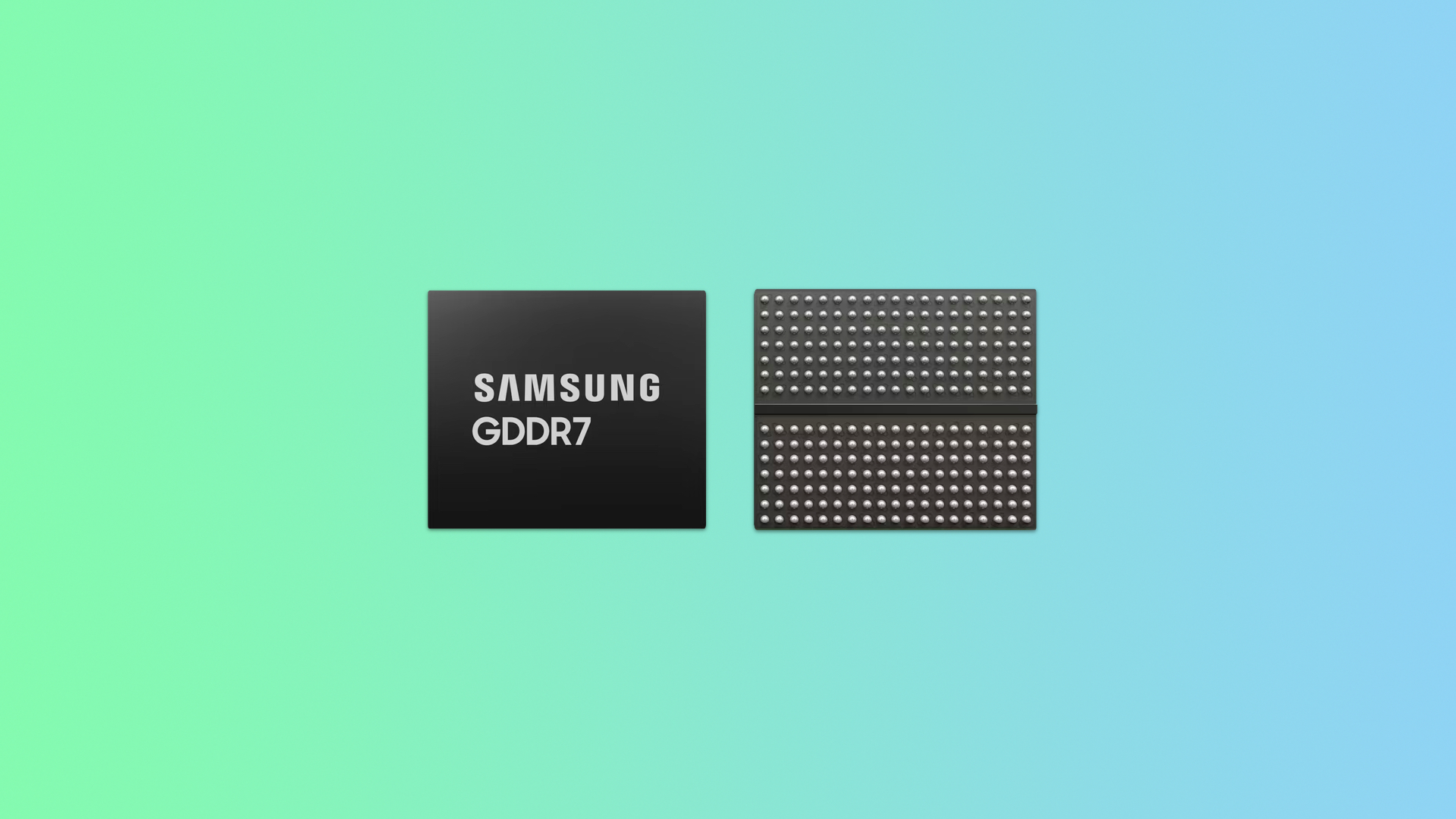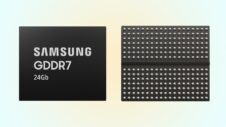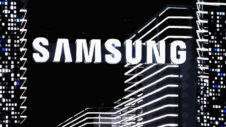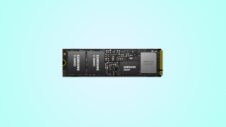Last year, Samsung unveiled its plans to develop GDDR7 DRAM for GPUs and servers. Earlier this year, the company revealed more details about those memory chips. Today, Samsung announced it has completed the development of GDDR7 DRAM chips that will be used in future automobiles, gaming consoles, PCs, servers, and workstations. It is the first company in the world that has completed the development of such advanced memory chips.
Samsung's GDDR7 DRAM has a record-breaking bandwidth of 1.5TBps, 40% more than GDDR6 DRAM. It features a per-pin speed of 32Gbps, thanks to enhancements made possible by PAM3 (Pulse-Amplitude Modulation) signaling method. PAM3 is a new memory standard, allowing 50% more data to be sent in the same signaling cycle. Previous-generation memory chips like GDDR6 used the NRZ (Non-Return-to-Zero) signaling method. These new memory chips are also 20% more power-efficient than GDDR6 DRAM chips. Samsung also offers a lower voltage option with its new chips, explicitly designed with laptops and other such devices in mind.
Samsung's GDDR7 DRAM chips could be used in Nvidia's RTX 50 series GPUs
To reduce heat generation, Samsung has used the new EMC (Epoxy Molding Compound) material in the packaging in addition to IC architecture optimizations. It has a high thermal conductivity. All these improvements result in up to 70% reduced thermal resistance, offering a more stable product that performs well even in highly stressful operational conditions. Samsung's important clients will start testing DGGR7 DRAM chips for verification this year. We expect these new chips to be used in Nvidia's RTX 50 series GPUs.
Yongcheol Bae, Executive VP of Samsung Electronics' Memory Product Planning Team, said, “Our GDDR7 DRAM will help elevate user experiences in areas that require outstanding graphic performance, such as workstations, PCs, and game consoles, and is expected to expand into future applications such as AI, high-performance computing (HPC) and automotive vehicles. The next-generation graphics DRAM will be brought to market in line with industry demand, and we plan on continuing our leadership in the space.“






